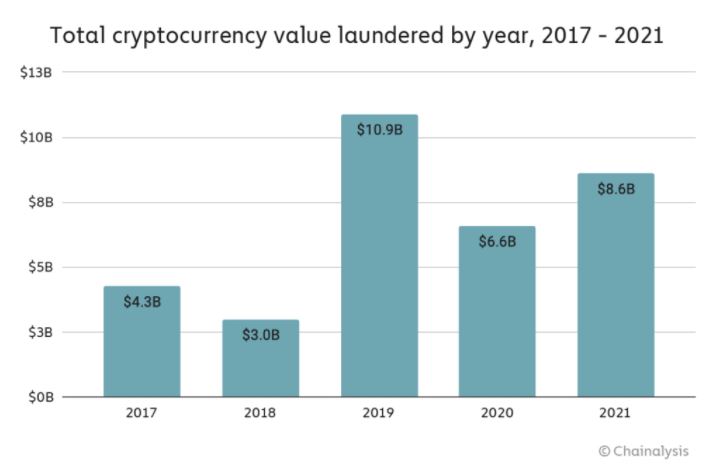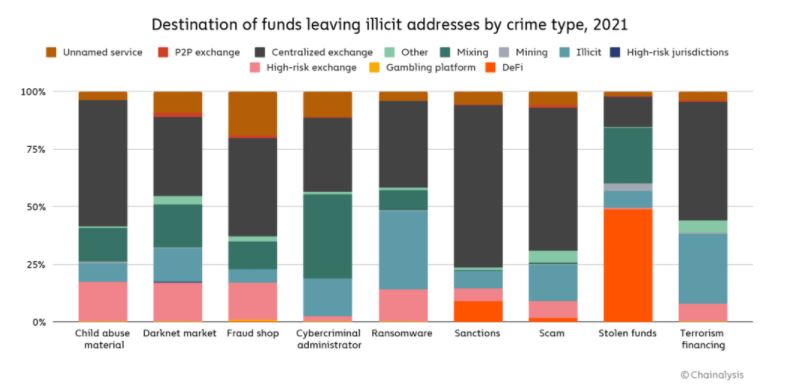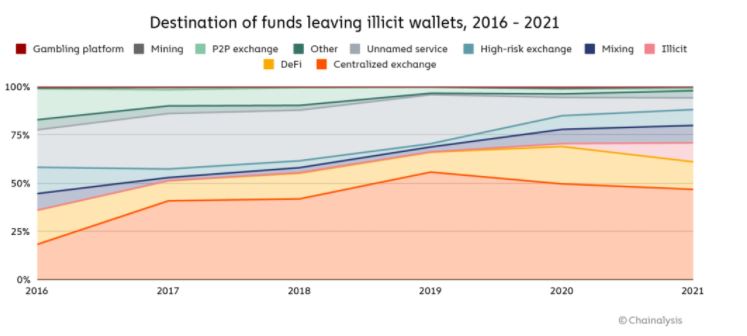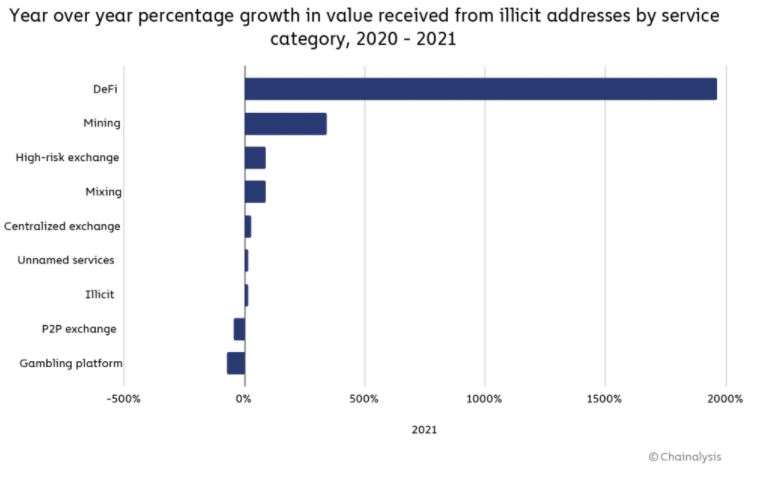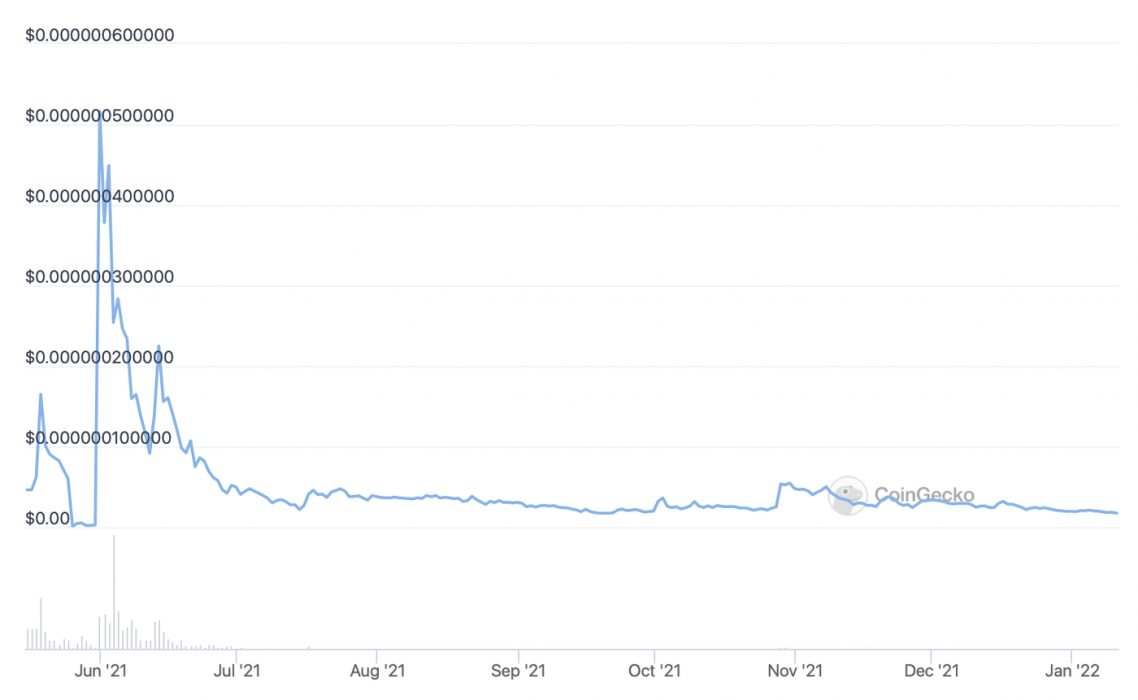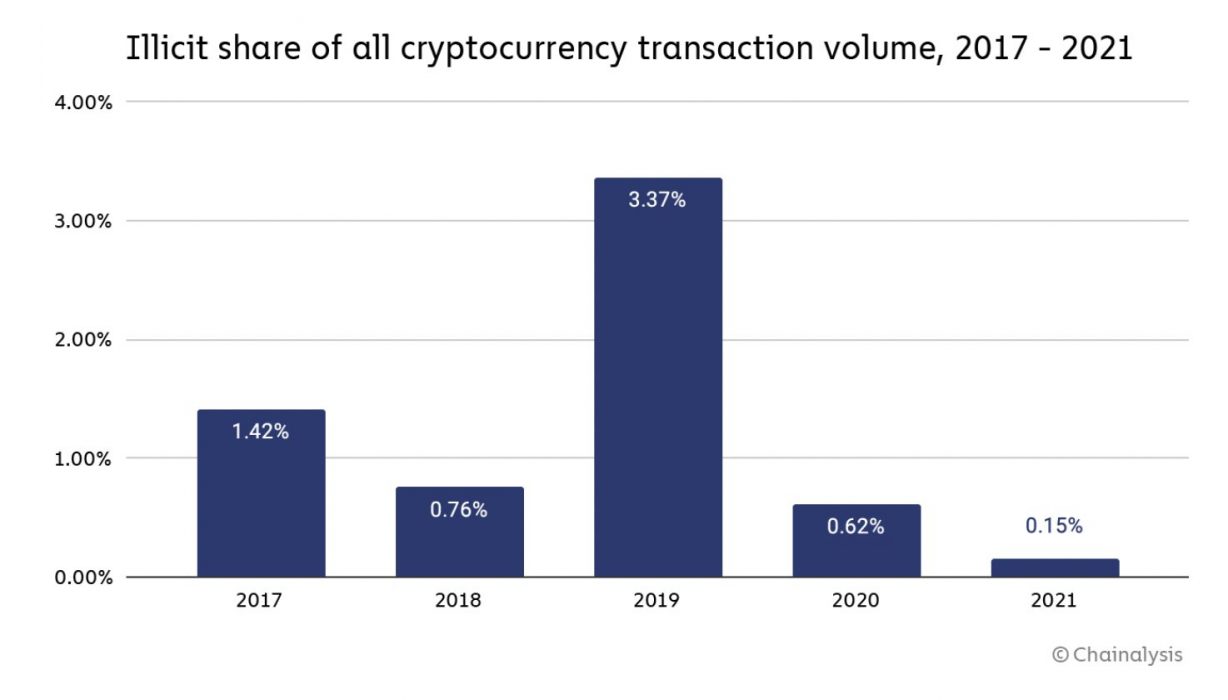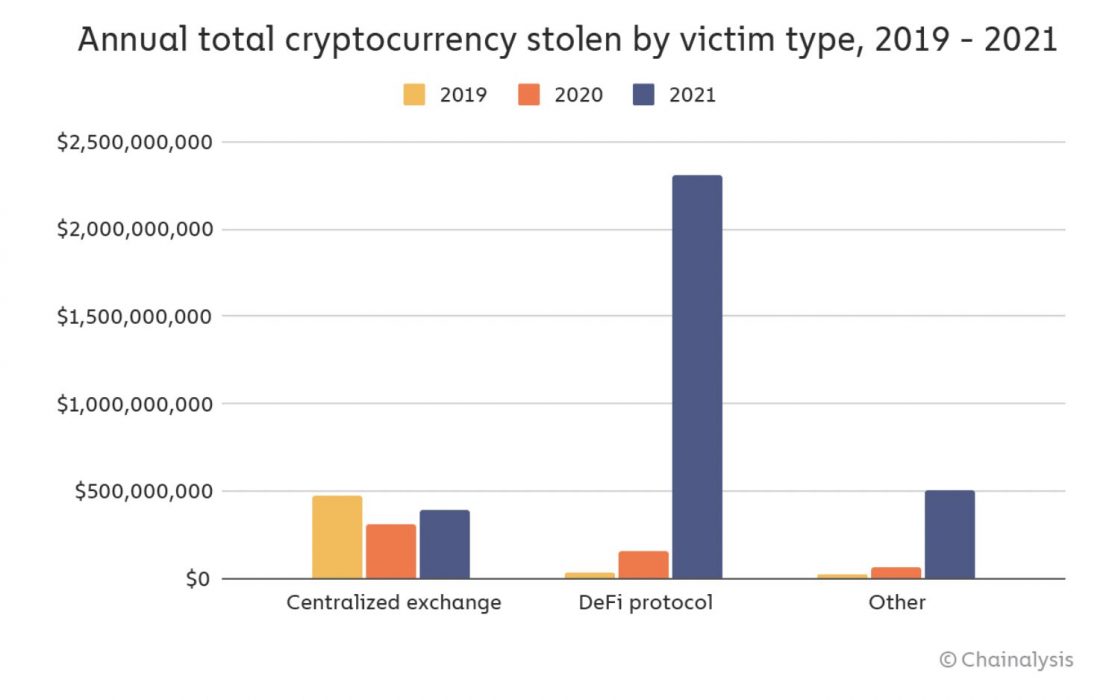The ACCC (Australian Competition and Consumer Commission) is investigating Facebook’s parent company Meta for allowing crypto scammers to advertise on the social network using fake articles or requesting crypto transfers.
Investment scams in Australia increased more than 53 percent in 2021, with Australians losing over A$70 million. Now the ACCC is probing Meta for allowing crypto scammers to advertise on Facebook, defrauding Aussies hundreds of thousands of dollars.
Mining Magnate Sues Meta for Misrepresentation
This follows news last week, reported by Crypto News Australia, of Fortescue Metals chairman Andrew Forrest pursuing legal action against Meta for allowing crypto scammers to post fake articles using his image and name, along with those of other business identities and celebrities.
Forrest is accusing the social media giant of breaching Australia’s AML (anti-money laundering) laws and is also pursuing a related civil case in California.
Like Dr Forrest, we consider that Meta should be doing more to detect, prevent and remove false or misleading advertisements from the Facebook platform so that consumers are not misled and scammers are prevented from reaching potential victims. The ACCC will continue to consider whether Meta’s conduct raises concerns under Australian Consumer Law.
ACCC chair Rod Sims, The Australian
Forrest is not the only high-profile Australian whose identity has been co-opted to promote cryptocurrency scams. Others include actor Chris Hemsworth and TV commentators Waleed Aly and David Koch.
Fake Crypto News Australia Website
Notably, a fake Crypto News Australia website on Facebook is promoting “crypto bonuses”, requesting users to send ETH to a specific wallet to receive triple the amount sent. Keep in mind that Crypto News Australia will never ask for crypto or send crypto to readers.

Fake websites, fake wallets or exchanges, impersonation giveaways -there are so many types of cryptocurrency-related scams that it can be hard to keep track of them all. Make sure you stay safe and check out our guide on the Top 10 Bitcoin Scams to Avoid.







